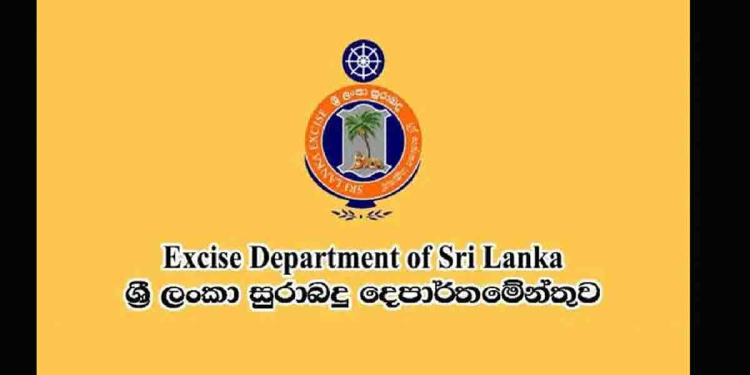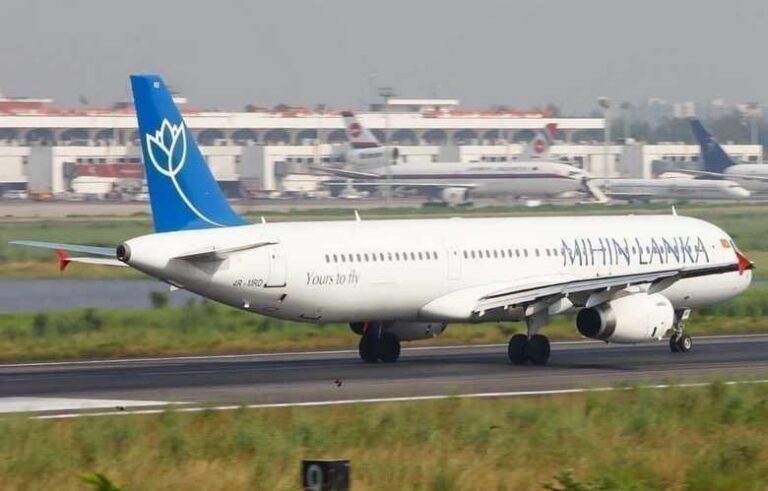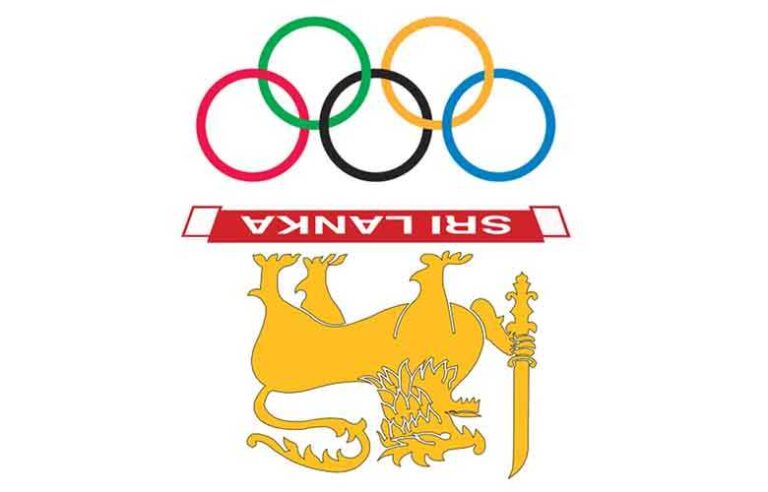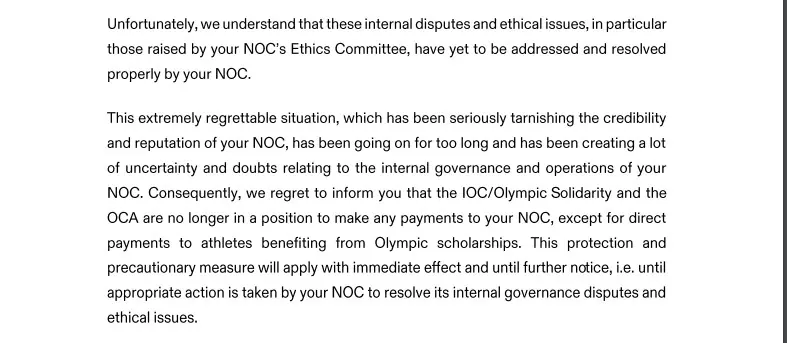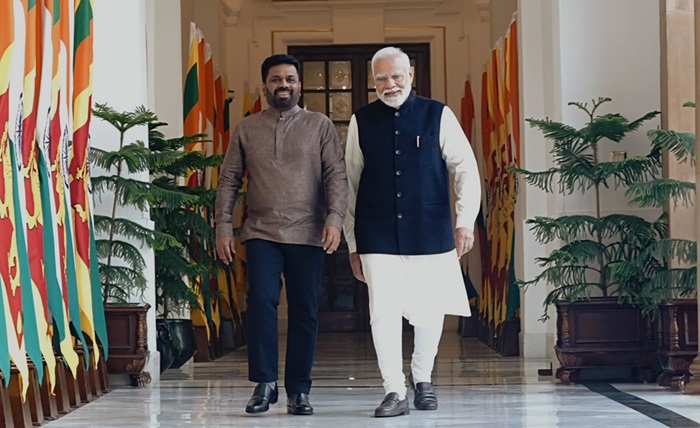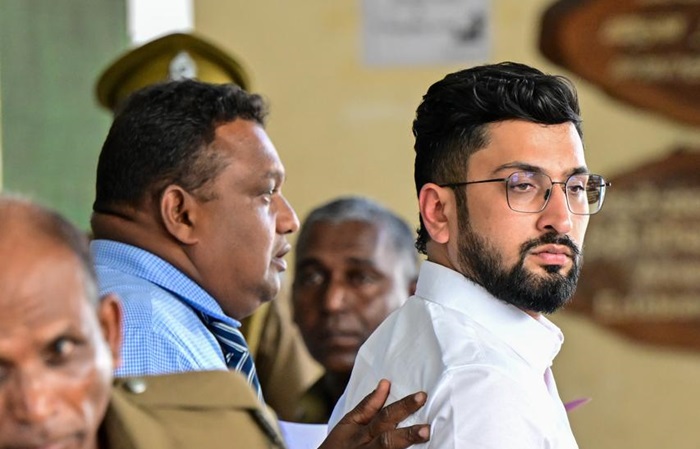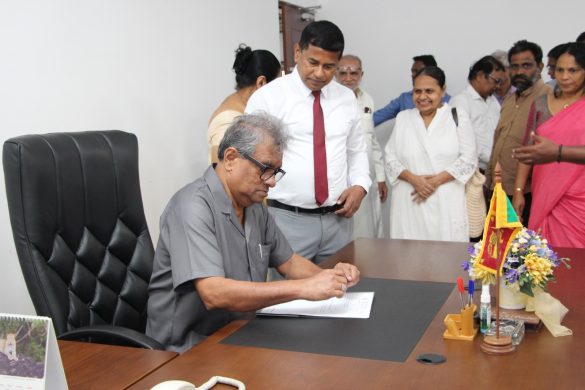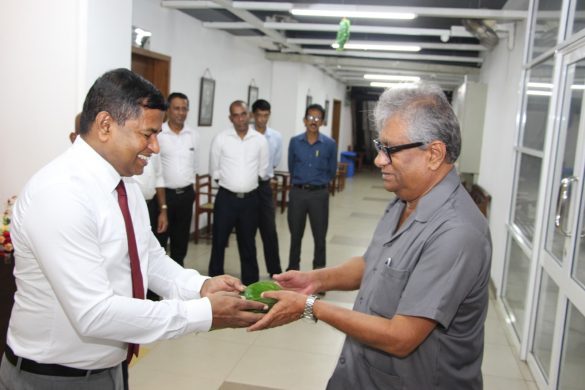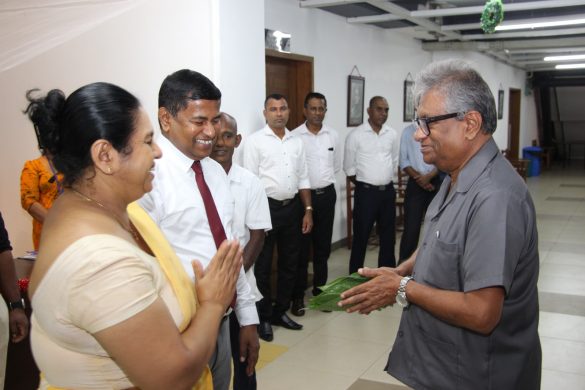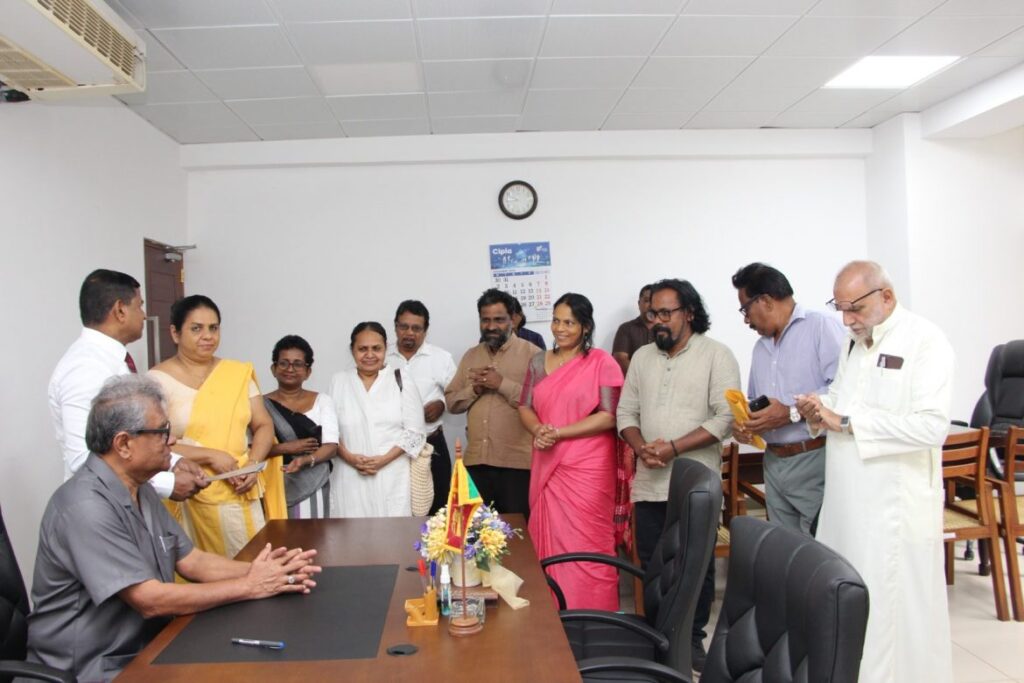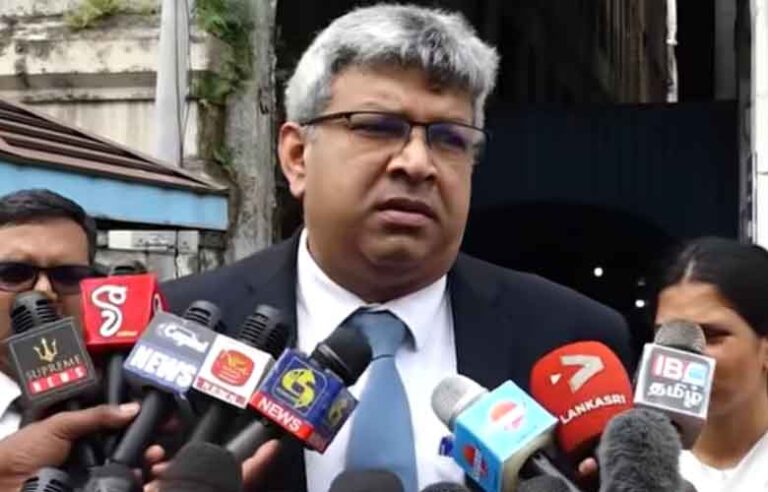By: Staff Writer
December 16, Colombo (LNW): The Excise Department is facing serious allegations of corruption, particularly in the secretive issuance of liquor licences and the use of counterfeit security stickers, despite posting record revenues of Rs. 152 billion in the first nine months of this year, new administration sources said.
The current administration, led by President Anura Kumara Dissanayake, pledged to investigate these allegations, including accusations of bribes up to Rs. 2 million taken by excise officials under the previous government.
Minister Wasantha Samarasinghe also claimed that 500 licences were issued under questionable circumstances, including 70 granted to a businessman allegedly paying Rs. 30 million per licence while owing substantial tax dues.
Additionally, a major fraud involving counterfeit excise stickers cost the government an estimated Rs. 60 billion in lost tax revenue. W.M. Mendis & Company, linked to Arjun Aloysius, was implicated, reportedly responsible for Rs. 440 million in unpaid taxes.
The National Audit Office uncovered procedural irregularities in licence renewals during 2023, with missing documentation such as police reports and tax clearances. Despite these controversies, the government continues its push for increased excise revenue
Sri Lanka’s Excise Department has set an ambitious revenue target of Rs. 232 billion, the highest in its history.
To achieve this, sweeping amendments to excise laws were introduced under former President Ranil Wickremesinghe, who also served as Finance Minister.
These changes included massive hikes in excise licence fees across all categories. Distillery licence fees rose from Rs. 1 million to Rs. 25 million, while fees for toddy and palmyrah arrack licenses increased tenfold.
Retail licences for liquor also saw dramatic increases, with fees in municipal areas reaching Rs. 15 million.
While this strategy boosted government revenue substantially—liquor licence fees alone generated Rs. 3.1 billion by October 2024, compared to Rs. 200 million in 2023—it triggered mounting controversy.
Allegations emerged that licence issuance was politically motivated, with claims that licences were exchanged for bribes to facilitate political crossovers. Leader of the House, Bimal Rathnayake, accused the former administration of issuing 361 licences between January and October, including 110 in the politically powerful Western Province, suggesting a politically driven allocation.
Adding to the controversy, Rathnayake claimed that 172 of these licences were issued under the FL-4 category, which permits retail liquor sales in wine stores, further fueling allegations of political favoritism. These claims sparked intense parliamentary debate, with some lawmakers demanding investigations into potential misuse of public office.
Compounding the scandal, a Supreme Court order from August 2023 (SC/FR/116/2023) had capped licence issuance to two per individual or organization per district to prevent monopolies. However, it was alleged that licences continued to be issued in violation of this ruling.
This prompted wine shop owners to file petitions, leading the court to issue an interim injunction halting new licence issuance. The Supreme Court extended the injunction and scheduled a hearing for February 2025.
Former Excise Commissioner General M.J. Gunasiri defended the department’s actions, emphasizing the record-breaking revenue achieved and the reduction of illicit liquor sales.
He denied any violations of laws and stressed that policy decisions were implemented as directed by the previous government. However, he was abruptly removed from his post in October 2024, with U.L. Udaya Kumara Perera recently assumed duties as the new Commissioner General.
The Excise Department remains under scrutiny, with court cases and ongoing investigations casting a shadow over its operations and governance.


